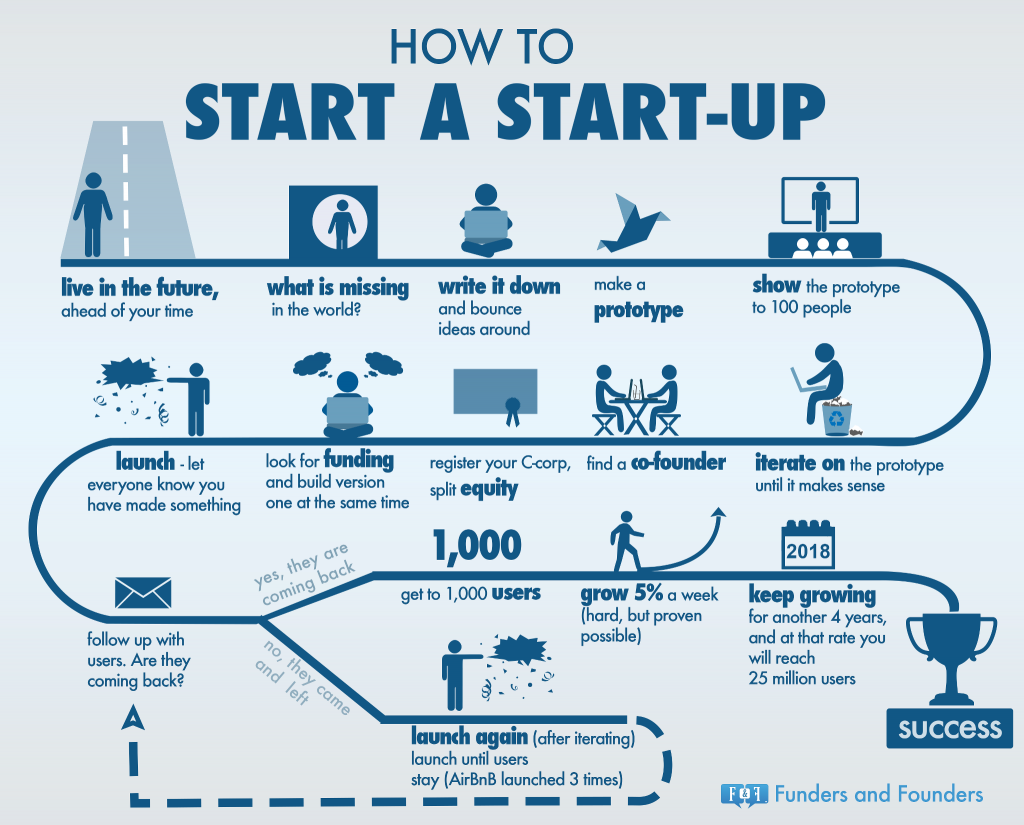Discussing why a startup ended into trash is now a Silicon Valley cliché. But when we know that every 9 out of 10 newly setup businesses fail, why do we gamble? Leave behind a job and an affirmative paycheck for every month? Because some people want their unique idea to be translated into products, while others may just don’t want to spend their whole life under a cloche.
Starting a business involving high growth is like a roller coaster ride for the entrepreneurs. There is immense pressure to sustain the façade of success, even though when you knows it’s going down. Read through these 4 fat reasons why businesses fail before you end up doing a post-mortem of your own startup:
The Next Big Idea That Wasn’t Big Enough!
Heard of condom key chains? No? Sure enough you haven’t because of the deprecated nature of this product, it couldn’t end on shelves inside stores. ”I had the next big thing: condom key chains”, says the founder. Well it’s not certainly about good ideas or sucked up ideas, it’s about what people talk about, and what they want. I bet no one really wanted a condom key chain. Why would anyone?
42 percent of the startups fail because they aren’t able to come up with a product that has a strong market demand. It’s quite self-explanatory that if your product is not desired by market, it’s going to fail. There are few exceptions though! As the late co-founder of Apple Inc., elucidated that sometimes you have to bring a new product to the people and then they realize its significance. Take the example of mobile phone when it was dismissed as novelty in its early years.
“We Forgot To Sell”
Even if your business idea was not a flop, your startup can fail because you couldn’t translate your cool idea into a tangible product that was decently priced and promoted. Remember the 4Ps; Product, place, price and promotion. They need to be in a perfect harmony for the success of your product. “We forgot to sell”, says founder VC, a failed startup company.
Butt Heading Founders
Founders of a failed company NewsLab explains that their company failed because they were intrinsically motivated enough, and there was a lot of communication gap between the founders. ”Making a product required changes that we couldn’t make”, says Nathan, Co-founder NewsLab.
Virtue of No Business Model
Dave Jones, founder of APB (another failed startup) believed that gaming industry doesn’t require a business model. Soon after losing the company, he realized how important it is to have a business model and appropriate factors to execute that model.
Apart from the aforementioned reasons, businesses also tend to fail because they couldn’t coop with the internal problems. Employee management and monitoring is also necessary. Therefore, new firms should invest into monitoring tools to preserve the internal security.
Want to know how you can start a startup, go through this infographic by Funders and Founders


Comments are closed.